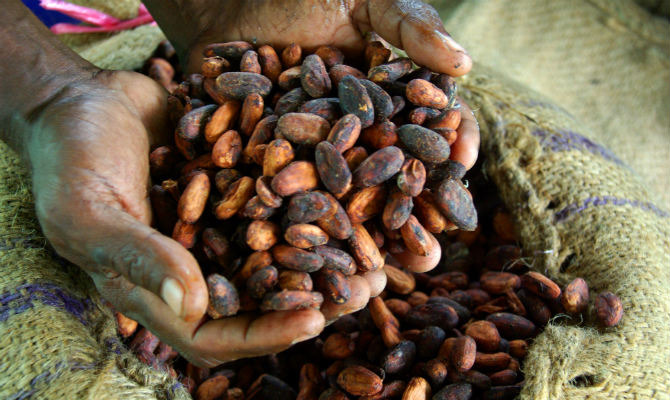Many Food-Based Scientific Studies Are Funded By Subjective Parties, Food Scientist Says
A glass of wine is akin to an hour at the gym. Artificial sweeteners could actually be life-saving! Coffee is good for you, even though we previously said it's bad for you. There are all sorts of contradictory and, frankly, weird studies related to food and drink out there, but we take the facts for granted simply because they come from prestigious-looking scientific journals. Marion Nestle, a health food advocate and founder of Food Politics, has found that many high-profile scientific studies are actually funded in part by "food businesses or trade associations" with vested interests in the results of the studies.
Here are some of her findings. A study from the American Journal of Clinical Nutrition that concluded that cocoa flavanol consumption is linked to improvement in blood pressure and cognitive function was funded by Mars. A study from Advances in Nutrition that concluded that consuming 100 percent fruit juice is a cost-effective way to help people meet fruit recommendations was funded by the Juice Products Association. In total, Nestle comes up with six different studies published in the past year of dubious financial origins.
Nestle's findings are not without criticism:
"The reality of the situation is that, in today's funding environment, researchers do not have the luxury of only receiving funding from independent sources," an anonymous food scientist commented on the Food Politics story. "What often happens is that a food company will have a hypothesis about a product or ingredient of theirs, based on published literature or in-house, unpublished findings.... They will often supply funds to independent professors to complete the experiments and provide analysis."
